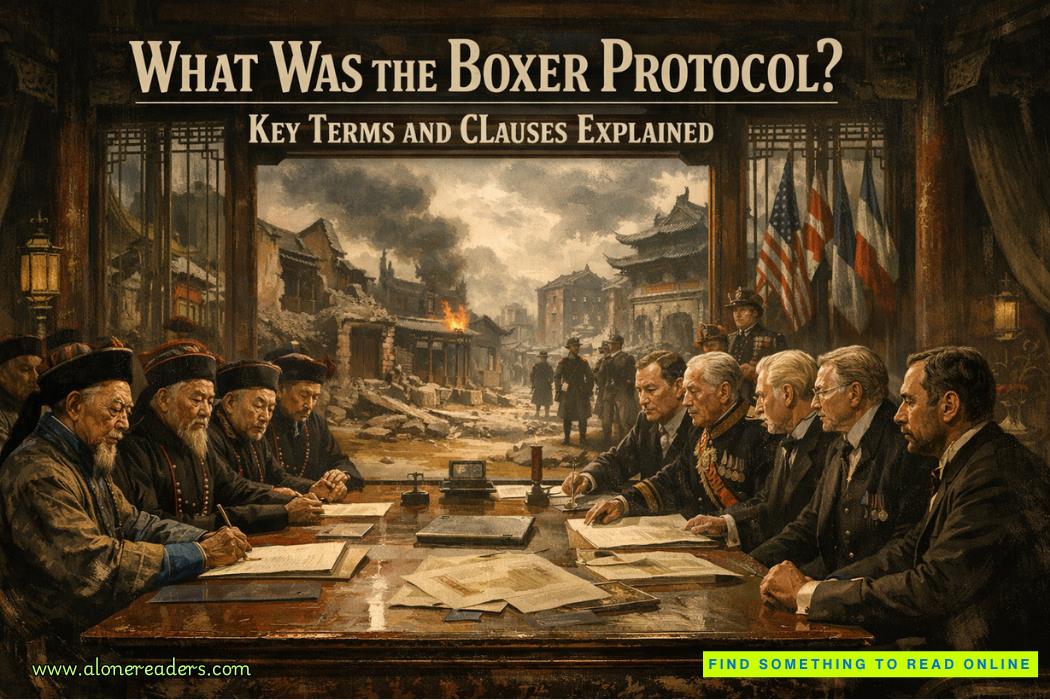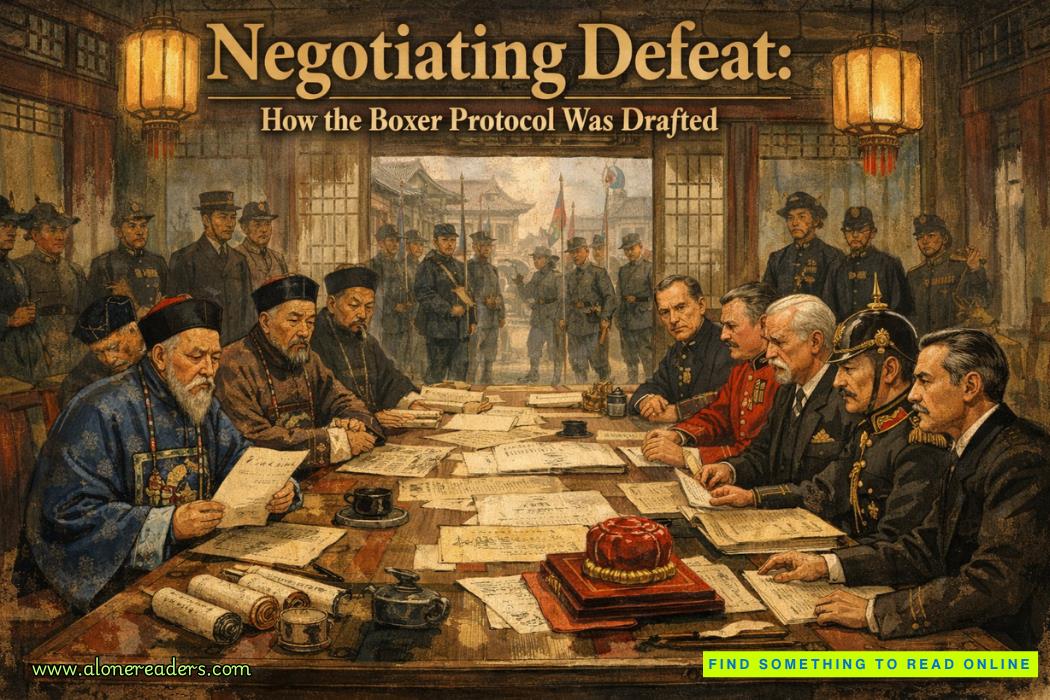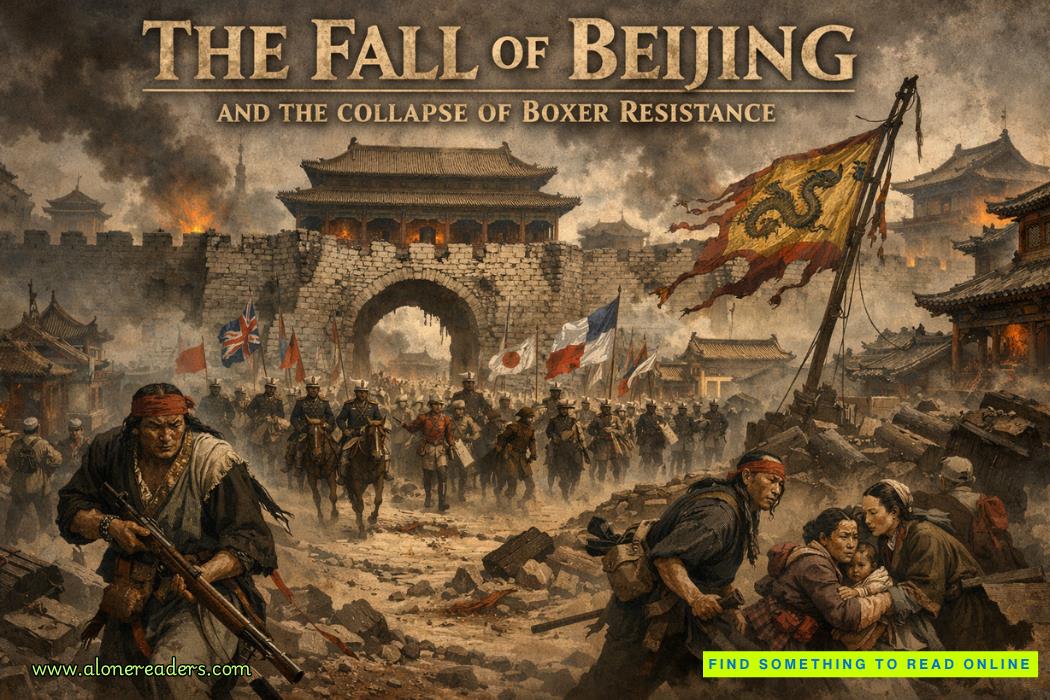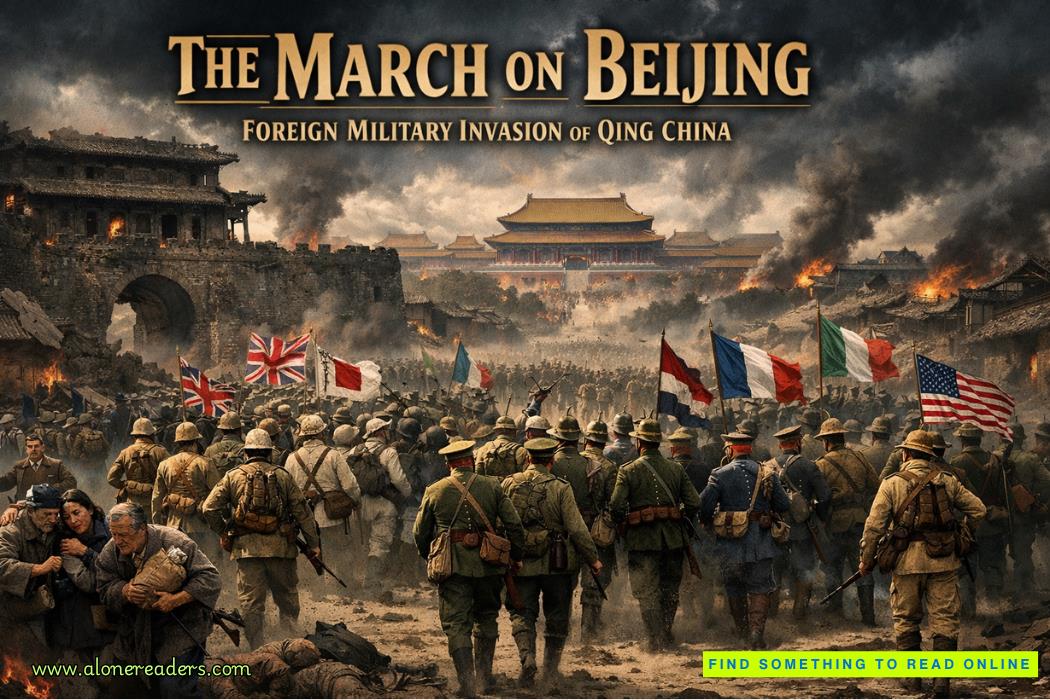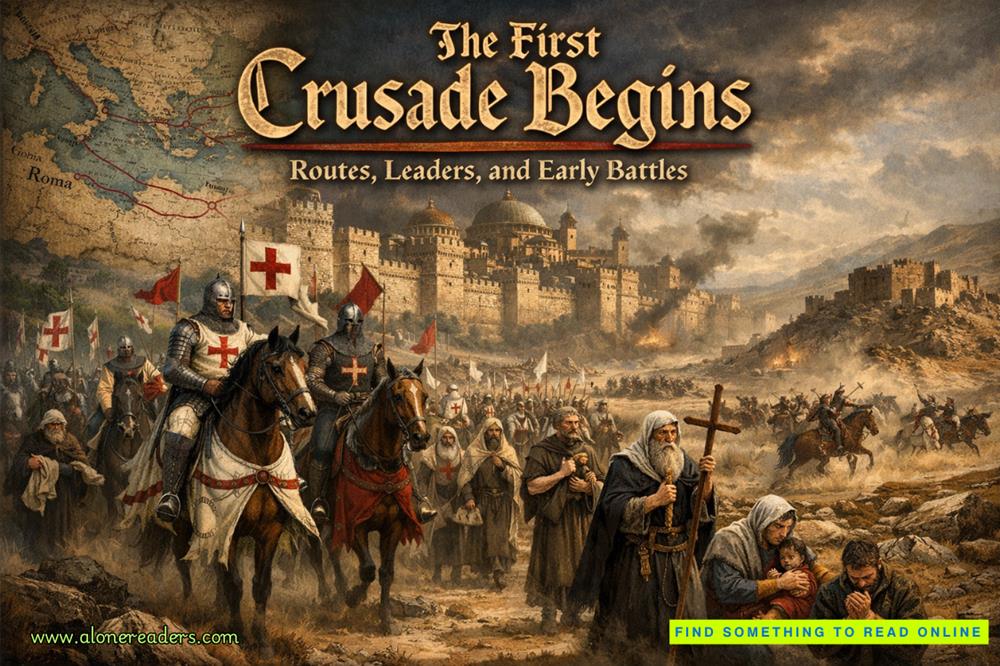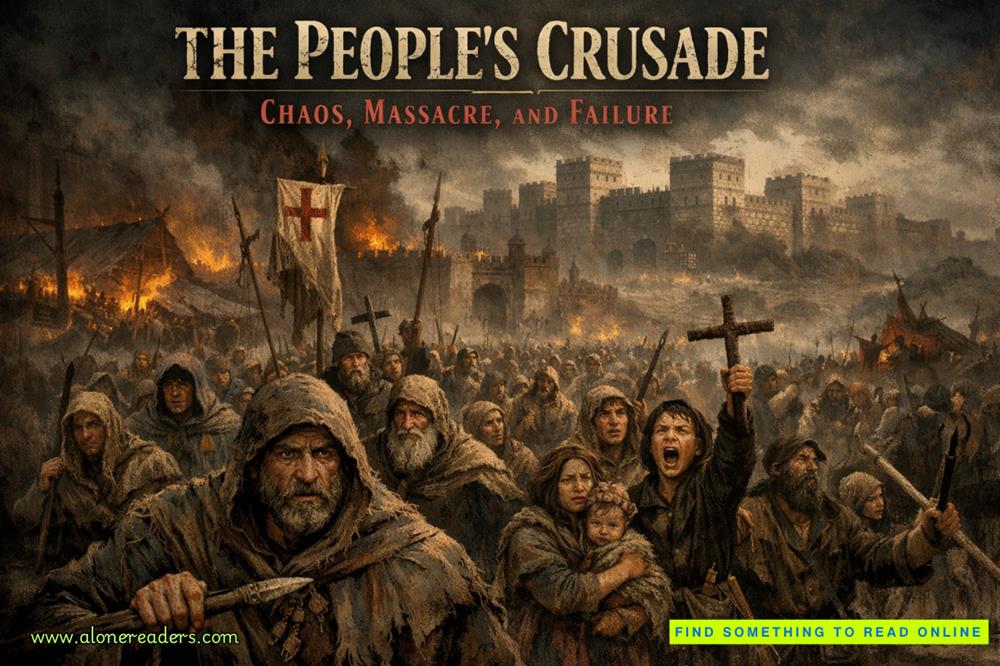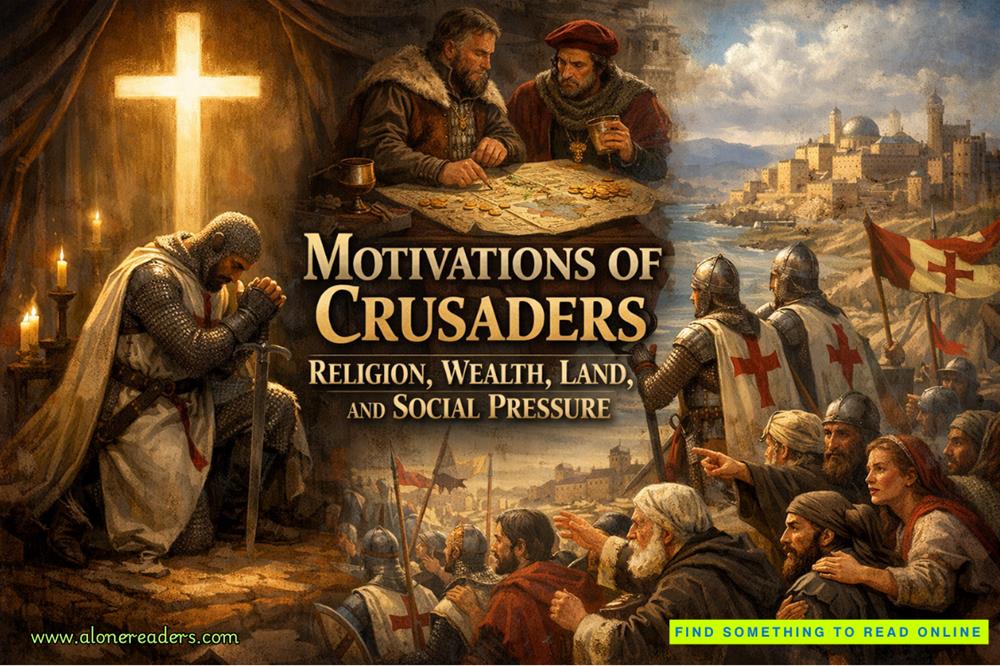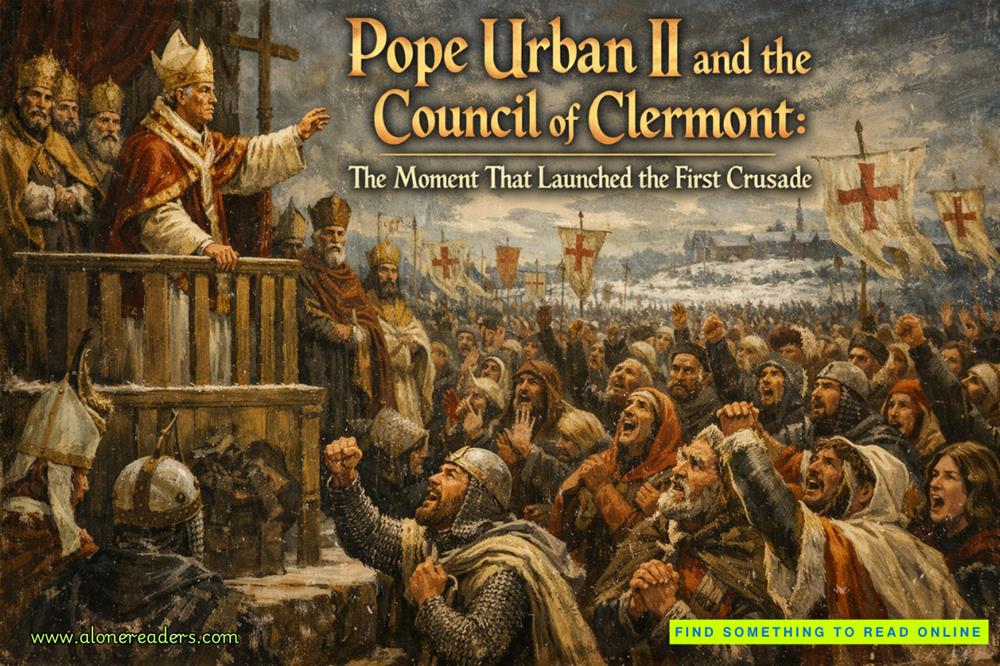A siren rose toward Huger, long and thin. Owen touched my elbow. “Ambulance thirteen is rerouting—Lockwood is already shallow but wide. We can hold it with cones if we get there in five.”
“Go,” I said. “Take two Drain Crew members with you and three cones. Play Moses.”
He grinned and sprinted.
I checked the time, checked the sky, checked my phone. A text from Ethan slid into the mess of alerts like a quiet hand at my back:Proud of you. Watch your six.A second later, another:Tell Butch I meant what I said. I wouldn’t dare.
Heat pooled low and warm, steadying and not distracting. I thumbed back:I’m not apologizing for you.
Kimmy elbowed me, triumph sparkling. “New tag,” she said. “#MayorMaterial. And you didn’t even pay for it.”
I laughed. It came out a little breathless. “Don’t tempt fate.”
Thunder murmured offshore. The sky went from pewter to bruised plum. Tide time.
Market Street began to fill where it always did, like a bowl. A minivan nosed the cones, decided it was invincible, and promptly stalled mid-puddle.
“I swear to God,” I muttered, and jogged into water that bit cool around my calves.
The driver—a woman my age with panic in her eyes—pounded the wheel. Two kids peered out from the backseat like owls.
I slapped the window. “Kill the engine!”
She did, breath forming a small bright cloud. I wrenched the door open against the current, planted my feet. “Kids first,” I said, offering a hand. “Then you. We’re going slow and we’re going safe. One at a time.”
Behind me, volunteers formed a chain without being told—Public Works tech midstream, a firefighter closer to the bus lane,a chef in a soggy apron at the curb. I passed hands to hands to hands. The little girl clutched a stuffed rabbit. I tucked it inside my vest and made her promise to take it back from me at the curb. She nodded so hard her teeth chattered.
We lifted each kid down like a precious thing, then the mother, whose knees went wobbly when she hit the road. I pressed her hand to the rabbit ears. “You did perfectly,” I said, and meant it. “Go get dry.”
The curb cheered like we’d hauled in a net full of shrimp. Butch cupped his hands and hollered, “That’s my granddaughter,” and old knots inside me loosened a little. Pride and claim in one breath. I chose to hear the first louder.
We pushed the van to the side, flagged a tow, reset the cones. I heaved water out of my boots and grinned at Kimmy, who was crying and laughing at the same time.
“You’re still trending,” she sniffed. “And look—” She rotated the screen. The video of Ethan lifting me onto Flapjack looped silently.
I had to admit, it was fun to see us like that.
The rain hit harder—big drops like someone had turned the knob from shower to pour. Owen returned with two teenagers and a traffic barrel. “We held the ambulance corridor,” he panted. “They’re through.”
“Good,” I said.
The Public Information Officer swooped with his camera, eyes purposefully bland, which is how government men apologize. “Ms. Kennedy,” he said, “would you stand with me for five minutes to update the public on the EOC activation?”
“We’re activating,” I said. “Now. Say the words. People sleep better when the words match the work.”
He swallowed, nodded, and did exactly that on air. I stood beside him, not behind. Butch watched from the rail, amusement and approval arm-wrestling on his face.
By the time the update wrapped, I could feel the city shifting under my feet—not the tide this time, but the people.
Strangers shouted suggestions, shared drain photos, texted locations of stranded cars like it was their own idea. Volunteers doubled, then tripled, the square buzzing like a hive. The flood wasn’t unprecedented, no—it had stalked Charleston for centuries—but what was new was the way we were handling it. Not waiting. Not apologizing. Acting together.
And through it all, Ethan’s kiss lingered like a banner I hadn’t known I wanted to raise. The city wasn’t looking away. They were watching me, watching us, hashtagging it into a story bigger than either of us had planned. Let them. If a love story in the rain got a city to do the right thing, then maybe that was leadership, too. I wasn’t hiding him, and I wasn’t hiding myself. Not anymore.
The wider world noticed. National outlets stitched our clips into their storm packages—horseback patrols in historic Charleston, planner-turned-voice of a city, the kiss replayed next to radar maps and tide charts. A network chyron called itFlood, Facts & a Fairytale, and the panelists argued about infrastructure while the B-roll showed Flapjack shouldering through the rain.
My notifications went wild. So did the donation links Kimmy quietly pinned beneath our live briefings—for sand, for pumps, for overtime meals. The story was bigger than us, but it used us to get in the door. Fine. Come in.
And underneath the headlines and hashtags, the private shift kept humming. The barn had been its own kind of weather—heat and hay and the clean animal musk, me up on that scarred table, sayingyeswithout apology and then saying it again. The way my body had opened under his hands in the shower had felt like a miracle. The way it had done it again later, just as hard, just as total, told me it wasn’t a fluke. It was my new normal.




